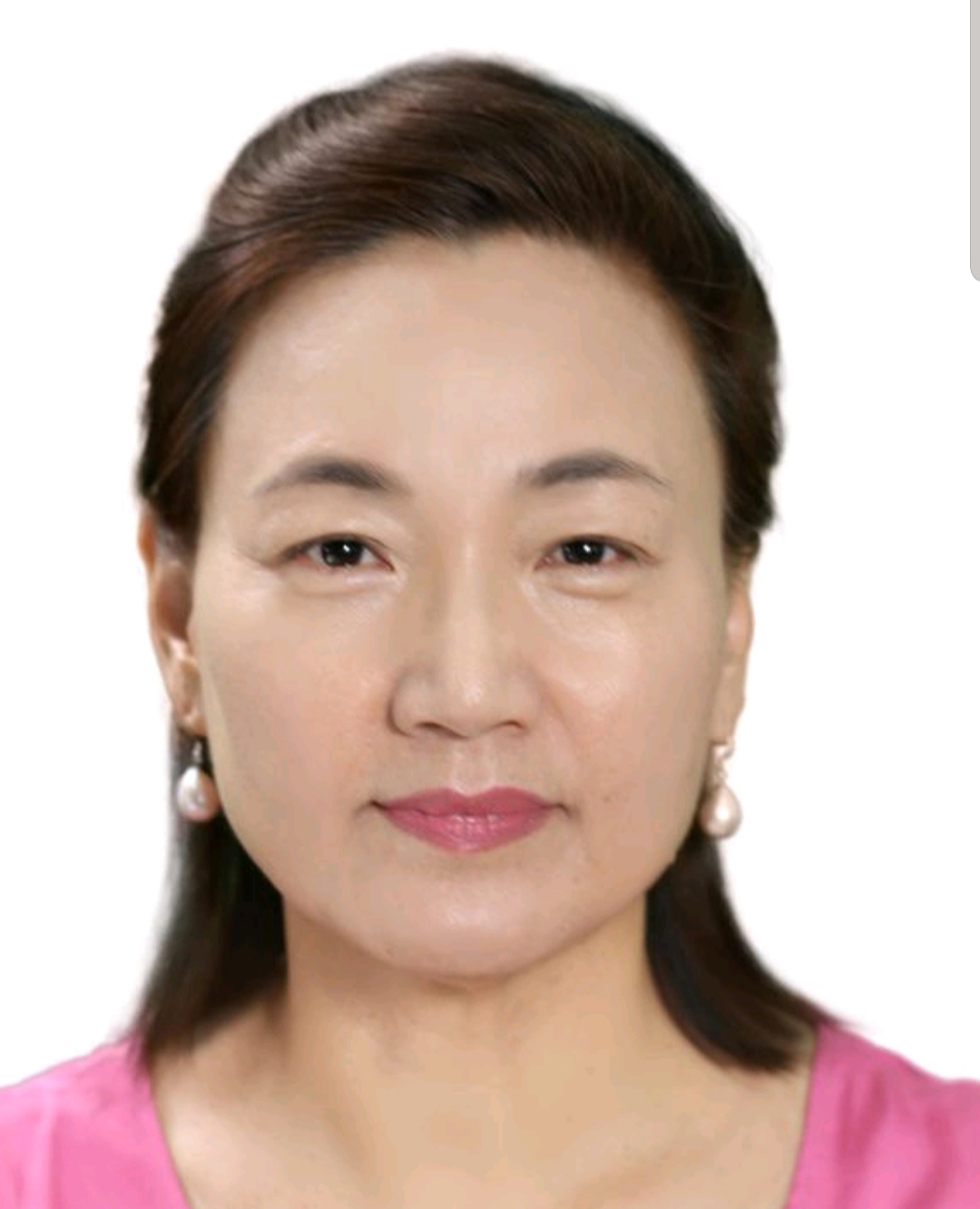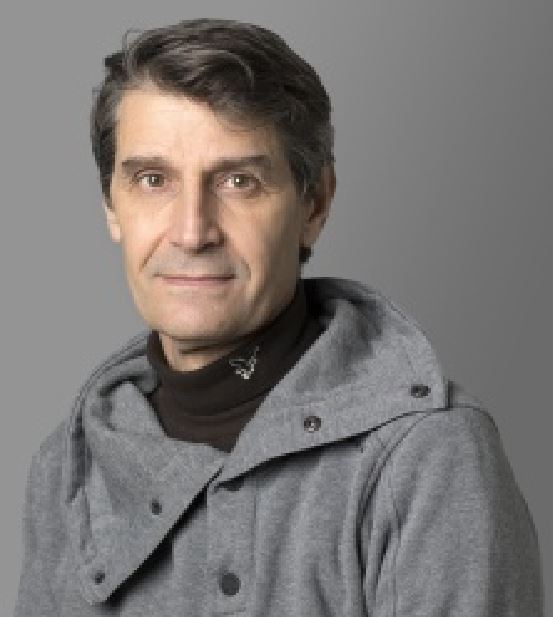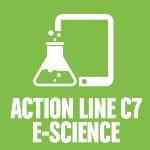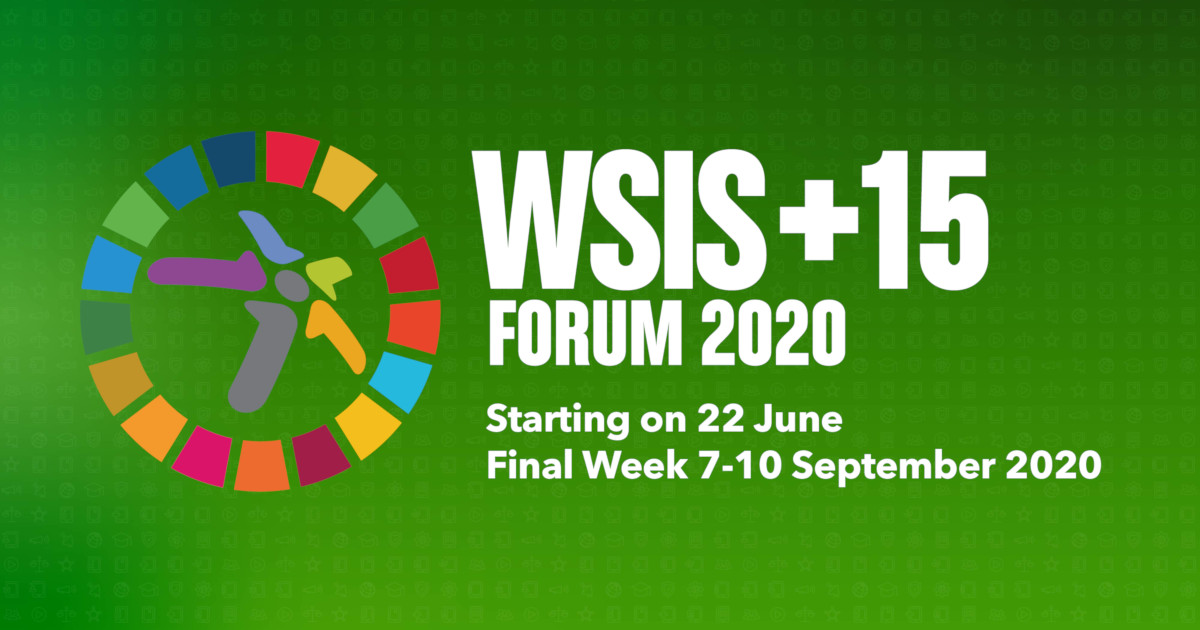Facing Realities in Digital Transformation: Emerging Trends and Challenges
ITU-D Study Groups
Session 274
Digital transformation requires bold initiatives on utilizing new and emerging digital technologies and services, and ITU-D Study Groups are mandated to develop timely advice on how developing countries can benefit from emerging trends. We will present topics that impact digital transformation and global partnership such as AI and IoT for e-health and will explore trends for developing countries to develop a digital posture that will help them resist crisis such as the COVID-19 pandemic. This session will provide you with an insight on ITU-D Study Groups current activities and future aspirations geared towards equipping developing countries with knowledge to accelerate their digital transformation.
This workshop will address specifically the following questions:
- What are the key topics that impact digital transformation and addressed by ITU-D Study Groups ?
- What are the IoT technologies available for health monitoring and prevention in pandemics, relation of IoT with AI/ML/big data? What are some promising applications of IoT to combat pandemics and their associated issues?
- How developing nations need to develop a “digital posture” that will help them resist crisis such as the Covid-19 pandemic, ensure national continuity in terms of essentials services to citizens; but also, develop plans to help them be stronger, more innovative and more inclusive?

Dr Eun-Ju Kim is currently Chief of Digital Knowledge Hub Department, BDT/ITU, overseeing capacity and digital skills development, ICT data and analytics, creating enabling legal, policy, regulatory and market environments, and the neutral contribution-driven ITU-D Study Groups through various platforms, services and products in close coordination and partnership with various stakeholders, which can contribute to achieving ITU Goals and the UN SDGs for a sustainable digital economy and society, after having served as Chief of the Innovation and Partnership Department and Regional Director for Asia and the Pacific in ITU, Lecturer in the London City University, Senior Adviser to Minister of Communications, and Senior Research Fellow at KISDI (R.O.Korea). She holds MA from the Seoul National University (R.O.Korea), and MA and PhD from the London City University (UK). She has also undertaken an Executive Education at the Harvard Kennedy School and published numerous books and articles with 30 years’ experiences.

Prof. Ahmad R. Sharafat is Senior Advisor to the Minister of Communications and Information Technology in Iran; Professor of Electrical and Computer Engineering at Tarbiat Modares University, Tehran, Iran; Member of the Iranian Academy of Sciences; and Chairman of ITU-D Study Group 2. He received his B.Sc. degree from Sharif University of Technology, Tehran, Iran, and his M.Sc. and his Ph.D. degrees both from Stanford University, Stanford, California, all in Electrical Engineering in 1975, 1976, and 1981, respectively. He has been active in specialized international organizations in the field of telecommunications and information technology, and in particular, the International Telecommunication Union (ITU) and Asia Pacific Telecommunity (APT). He has published extensively in scientific scholarly refereed journals, has numerous presentations to international conferences, has co-authored four books, and has eleven patents.

Dr Vadim Kaptur is the ITU, EBRD and UN ESCAP Expert, Vice-Chairman of ITU-D Study Group 1, and co-Rapporteur on ITU-D Question 1/1 "Strategies and policies for the deployment of broadband in developing countries". He gained more than 20 years of work experience in ICTs with international expertise in the fields related to broadband networks, cybersecurity, mobile services and ICT in general, as well as more than 15 years administrative and management experience in addressing a wide range of issues related to telecommunication policies, strategies and regulation. He served the head of organizing committees for more than 25 international forums, conferences, and workshops and the chair of international working groups while having authored more than 250 scientific publications and developed more than 55 software products.

Prof. Dimitri Konstantas is full professor at the Interfaculty Computer Science Centre and director of the Information Science Institute (ISI) of the Geneva School of Economics and Management of the University of Geneva. He has been active since 1987 in research and education in the areas of mobile health systems, Object Oriented systems, agent technologies, multimedia applications and since 2005 in Services for seniors and IoT services and Applications, with more than 100 publications in international conferences and journals. He has a long participation in European research and industrial projects and is consultant and expert to several European companies and governments.
He is currently leading a major European project, AVENUE, targeting the deployment of autonomous vehicles for public transportation in 4 European Cities.

Mr Nasser Kettani, a graduate of Orsay University, in Computer Engineering and Cognitive Sciences, is an international expert, consultant, lecturer, teacher and author in information technology with over 33 years of experience in computer science and the software industry in particular. He has worked for leading IT companies in several countries in Europe, Middle East and Africa. He is the CEO and founder of KDC (Kettani Digital Consulting). Before starting his own consulting business in Digital Transformation and co-founding Hidden Clouders, Nasser Kettani spent 13 years with Microsoft Corporation in various roles, including Director General for North Africa and Director General and Chief Technology Officer for the Middle East and Africa (MEA) in charge of digital transformation, modern technologies such as the Cloud, and industrial and governmental relations for the development and promotion of policies, regulations, and standards in ICT.
Nasser Kettani advises private and public sector institutions in their quest for digital transformation by evaluating the impact of major technological changes on their business and by helping them build strategies and roadmaps that enable them to make the most of these major innovations. Nasser also advises governments on technology policy and regulations. Nasser's areas of expertise cover, among other things, Cloud Computing, Artificial Intelligence, Big Data, CyberSecurity, Data Privacy, Accessibility, Innovation, e-government, Smart-Cities, E-Education, Internet Governance.
Nasser Kettani is the Rapporteur of the ITU-D Study Group on "access to emerging technologies such as Cloud Computing, OTT and M-Services for developing countries". Nasser has extensive experience in the development of international standards. He has written many articles and a book on software design and modeling "from Merise to UML". He has been a lecturer on best software development practices at Dauphine University, Paris France, EM Lyon Casablanca, and has delivered hundreds of lectures to ICT conferences around the world.
-
 C2. Information and communication infrastructure
C2. Information and communication infrastructure
-
 C3. Access to information and knowledge
C3. Access to information and knowledge
-
 C4. Capacity building
C4. Capacity building
-
 C5. Building confidence and security in use of ICTs
C5. Building confidence and security in use of ICTs
-
 C6. Enabling environment
C6. Enabling environment
-
 C7. ICT applications: benefits in all aspects of life — E-government
C7. ICT applications: benefits in all aspects of life — E-government
-
 C7. ICT applications: benefits in all aspects of life — E-business
C7. ICT applications: benefits in all aspects of life — E-business
-
 C7. ICT applications: benefits in all aspects of life — E-learning
C7. ICT applications: benefits in all aspects of life — E-learning
-
 C7. ICT applications: benefits in all aspects of life — E-health
C7. ICT applications: benefits in all aspects of life — E-health
-
 C7. ICT applications: benefits in all aspects of life — E-environment
C7. ICT applications: benefits in all aspects of life — E-environment
-
 C7. ICT applications: benefits in all aspects of life — E-agriculture
C7. ICT applications: benefits in all aspects of life — E-agriculture
-
 C7. ICT applications: benefits in all aspects of life — E-science
C7. ICT applications: benefits in all aspects of life — E-science
-
 Goal 2: End hunger, achieve food security and improved nutrition and promote sustainable agriculture
Goal 2: End hunger, achieve food security and improved nutrition and promote sustainable agriculture
-
 Goal 3: Ensure healthy lives and promote well-being for all
Goal 3: Ensure healthy lives and promote well-being for all
-
 Goal 4: Ensure inclusive and equitable quality education and promote lifelong learning opportunities for all
Goal 4: Ensure inclusive and equitable quality education and promote lifelong learning opportunities for all
-
 Goal 6: Ensure access to water and sanitation for all
Goal 6: Ensure access to water and sanitation for all
-
 Goal 7: Ensure access to affordable, reliable, sustainable and modern energy for all
Goal 7: Ensure access to affordable, reliable, sustainable and modern energy for all
-
 Goal 8: Promote inclusive and sustainable economic growth, employment and decent work for all
Goal 8: Promote inclusive and sustainable economic growth, employment and decent work for all
-
 Goal 9: Build resilient infrastructure, promote sustainable industrialization and foster innovation
Goal 9: Build resilient infrastructure, promote sustainable industrialization and foster innovation
-
 Goal 10: Reduce inequality within and among countries
Goal 10: Reduce inequality within and among countries
-
 Goal 11: Make cities inclusive, safe, resilient and sustainable
Goal 11: Make cities inclusive, safe, resilient and sustainable
-
 Goal 12: Ensure sustainable consumption and production patterns
Goal 12: Ensure sustainable consumption and production patterns
-
 Goal 13: Take urgent action to combat climate change and its impacts
Goal 13: Take urgent action to combat climate change and its impacts
ITU-D Study Groups Homepage: http://1f8a81b9b0707b63-19211.webchannel-proxy.scarabresearch.com/itu-d/study-groups
For more information, please contact: devSG@itu.int
.png)
.png)
.png)
.png)
.png)
.png)

